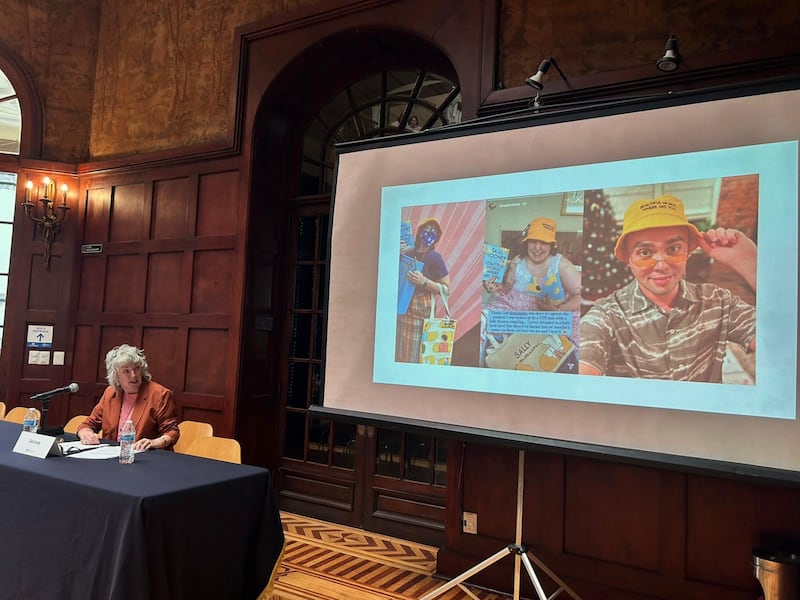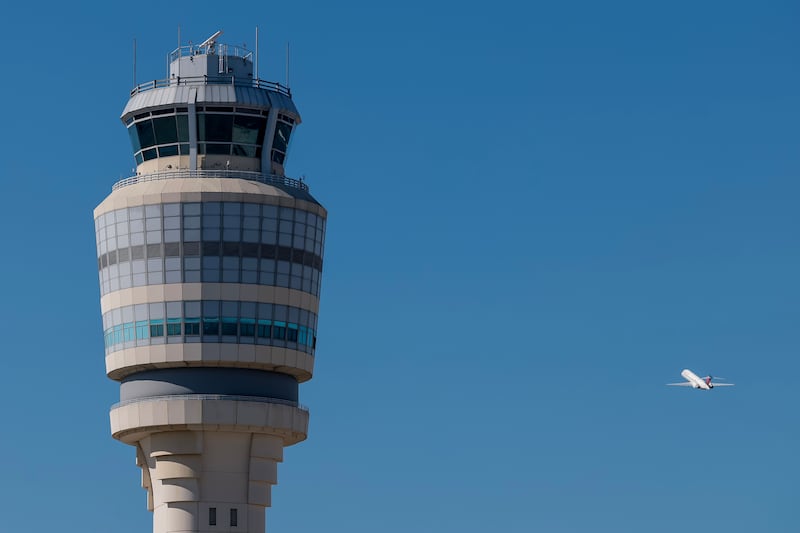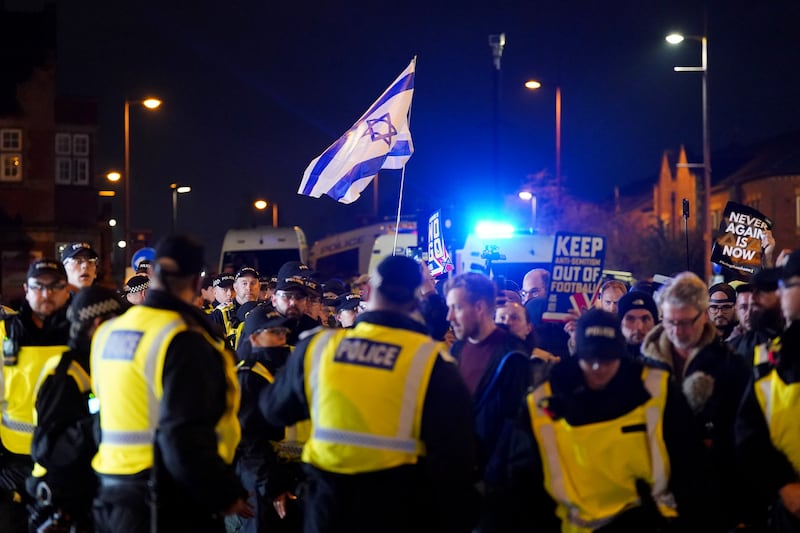Academics and researchers from across Latin America and Ireland gathered in Mexico City this week for a major symposium on Irish Studies. The Turns of the Centuries: Irish and Latin American Literature and Culture took place over three days at the Universidad Nacional Autónoma de México (UNAM).
“The Irish authors who were studied in our department were always studied from the perspective of British literature,” says Prof Aurora Piñeiro, the Eavan Boland and Anne Enright Irish Studies chair at UNAM. “It was kind of embarrassing to see that that was still going on.”
UNAM’s Irish Studies chair was launched online in 2021 amid the Covid-19 pandemic and followed by an in-person ceremony in 2022 attended by Anne Enright and Eavan Boland’s daughter. “Irish writers, in particular, are really generous with their time,” says Piñeiro. “They are easy to approach and they are usually willing to take part in different activities. At least, that has been our experience – which is not necessarily what happens with artists in other places in the world.”
This week’s symposium in Mexico was primarily organised by Piñeiro, the WB Yeats chair at the University of São Paulo and the Edna O’Brien and Colum McCann chair for Irish Studies and the Irish Diaspora at La Pampa University in Argentina, with support from the Irish Embassy in Mexico and the Society for Irish Latin American Studies based at University College Cork (UCC).
READ MORE
The Department of Foreign Affairs’ Emigrant Support Programme granted nearly €37,000 in total this year to the three Irish Studies chairs to fund “academic conferences, the translation of Irish literature into local languages, publications, and postgraduate seminars by Irish specialists”.
To open the symposium, UCC’s Professor of Modern English, Dr Claire Connolly, delivered a lecture titled Irish Women’s Writing from Maria Edgeworth to Sally Rooney: A Motherless History? Connolly paired an early 19th century writer with an early 21st century writer “because in Ireland we have these grave and acknowledged difficulties of creating a kind of meaningful history of Irish women’s writing over the centuries”.
“There’s a huge interest in [Rooney’s] work, so there is a big focus on that,” says Connolly, “but also on the idea of a literary history characterised by the cleavages of colonialism and class and the ruptures of famine and mass migration”.
“The great achievements of the past continue to feed student interest – not just academics who want to do research, but students who are buying work by contemporary [Irish] women and reading it and thinking about it and studying it to the extent that it feeds Irish studies as a discipline,” says Connolly. “It’s a phenomenon – we’re very privileged.”

Through the Irish studies programme at UNAM, English literature students have been introduced to contemporary Irish writers such as Rooney, Claire Keegan, Emilie Pine and Eimear McBride. “Some students say ‘if I had known about these authors earlier, I would have written my dissertation on them’,” says Piñeiro.
The Irish studies programmes have a broader remit than literature. On Wednesday, professors Diana Andrea Vera Rivera and Luz Amelia Hoyos Cuartas from Universidad Pedagógica Nacional in Colombia delivered a comparative paper on the development of hurling and Gaelic football in Latin America. In Argentina, Uruguay, Chile and Brazil, there are substantial communities descended from Irish immigrants who arrived between the 16th and 19th centuries seeking economic opportunity and escaping famine in Ireland.
“The conference emphasises the appeal and strength of Irish Studies in Latin America but equally importantly explores creative collaborations and points of connection between Ireland and Latin America,” says Dr Nuala Finnegan, Professor of Spanish and Latin American Studies at UCC. “It reveals the power of the historical links between us and reflects on the contribution to Irish society made today by Latin American migrant communities.”



















